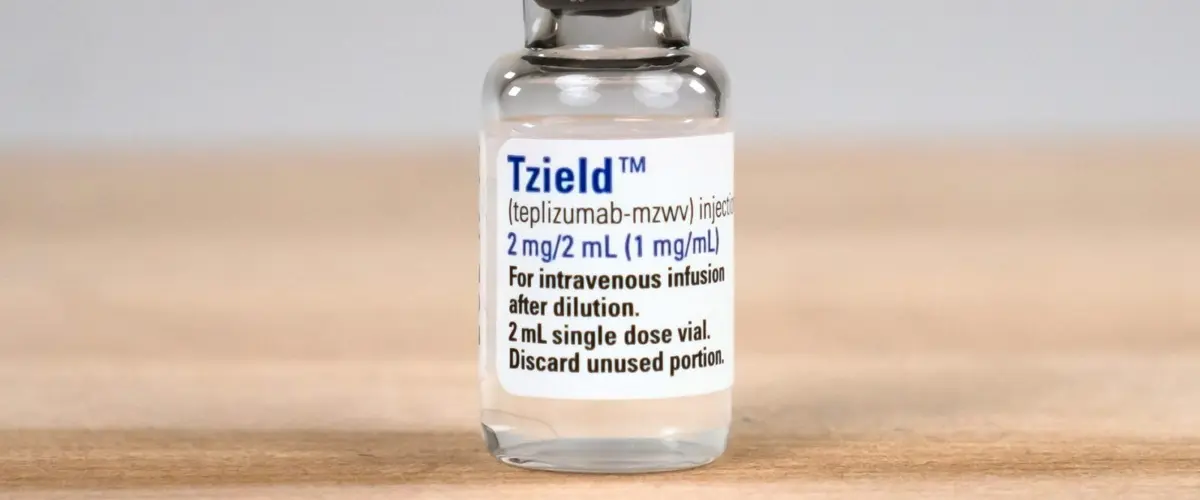
Teplizumab was approved late last year due to impressive results in slowing the progression of type 1 diabetes in children and adolescents. Now, the researchers present new data on the effectiveness of teplizumab, which can be used in the short term to achieve targeted targets.
Type 1 diabetes leads to the inability of cells to produce insulin. New data from a phase 3 clinical trial showed that teplizumab can slow this process in children and adolescents newly diagnosed, according to the Yale University website.
Observations have shown that taking teplizumab preserves the function of pancreatic beta cells. The conclusions are based on an analysis of data from participants who received two 12-day courses of teplizumab six months or a year apart.
In addition to slowing down the progression of diabetes, scientists noted the preservation of insulin-producing cell function, reduced dependence on standard therapy, long-term maintenance of glucose levels within normal limits, and a reduced risk of severe hypoglycemia. After treatment, participants were more likely to reach the threshold for diabetes remission, the authors emphasized.
It is important to note that teplizumab is not a permanent immunosuppressant: only two short courses are required to achieve the target values. Scientists realize that the effect of treatment will not last forever. It may have to be repeated after a while. They are currently studying the optimal treatment regimen, as well as the combination of teplizumab with other diabetes drugs to enhance efficacy.
Recently, in another study, scientists presented a promising cell therapy for diabetes that is injected into the eyes. This approach makes it possible to cope with the deficiency of insulin-producing cells without an undesirable immune reaction.

